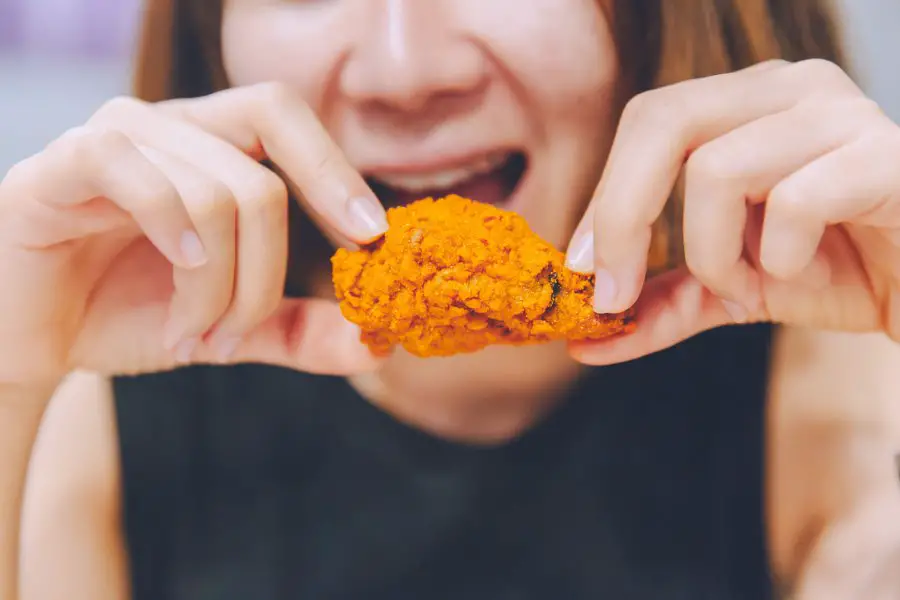A Study Is Hinting That Your Brain Might Remember Where You Left Junk Food Easier Than Healthier Snacks
Tags: opinion

A recent study has found that our cognitive maps often guide us to calorie-rich junk food more often than to healthy snacks. It has been termed as the ‘optimal foraging theory’ and has its roots in primitive times.
The hunter-gatherer homo sapiens were never sure of their next meal so they had to bulk up on calorie-rich food whenever they got to eat. So their brain developed ‘drop pins’ that helped them locate such food faster. But the modern man is facing its negative impact now.
For The Love Of Junk Food
For the study, 512 participants were tested for spatial memory. The results showed that spatial processing is quite biased towards high-calorie junk food items. The participants were put through a maze of edibles. They recalled the locations of potato chips and brownies far better than the locations of healthier items like fruits and vegetables.
Read: EVERY TIME YOU EAT TOO MUCH JUNK FOOD OR OVER SPEND THIS BRACELET SHOCKS YOU
Previous studies have also found participants categorizing and memorizing high-calorie food pictures faster than the low-calorie ones. Brain imaging of these participants shows that the high-calorie items engaged reward-processing areas of the brain.
A 2013 study found that their spatial memory was boosted for images of high-calorie junk foods, compared to images of veggies and fruits. This bias was able to predict the BMI of the participants too. This led the authors of the study to understand that while our spatial memories have evolved long back, it is now contributing to unhealthy food habits and weight gains.
Human Spatial Memory Study
The recent study published in Scientific Reports mentions Rachelle de Vries and Maulina Morquecho-Campos as the lead authors. This new study fresh provides evidence of a cognitive system that is optimized to find energy-efficient foods.
For this study, the participants were put in a maze-like room. They had to follow a specific route while looking out for 16 food items. For half of these samples, they could only smell it. But they could taste and smell the other half of the food samples. But while this was taking place, the participants were not aware their spatial memory would be tested later.
During the tests, the participants could remember junk food items 28 times better than they could remember healthier items. This held true even when the researchers controlled for other overriding decisions like the taste of the food, the participant’s familiarity with it, etc. The food items offered had their fat and protein ratios balanced too. But participants were easily able to ‘know’ the caloric value of the items.
Read: UK TEENAGER TURNED BLIND AND DEAF DUE TO JUNK FOOD DIET
How Can We Change Now?
A human’s sense of smell is believed to be inferior to other foraging mammals. But the authors of this study say that their experiment has shown the “intact ability of individuals to distinguish different odour types, deduce caloric properties of signalled foods from odour cues, and localize odour objects in space.”
Since the brain remembers junk food better, we seem to become more addicted to it each day. Making drastic changes to move towards a healthier diet becomes all the more difficult. The authors explain how our enhanced memory of high-calorie food locations makes it easier for us to obtain them. “In this manner, the cognitive bias may facilitate high-calorie food choice, by capitalizing on the tendency of individuals to prefer convenient easily-accessible items when making food decisions.”
Image Credit: photochicken

Leave Comment: